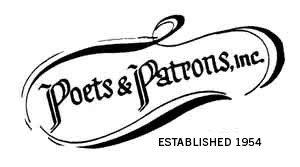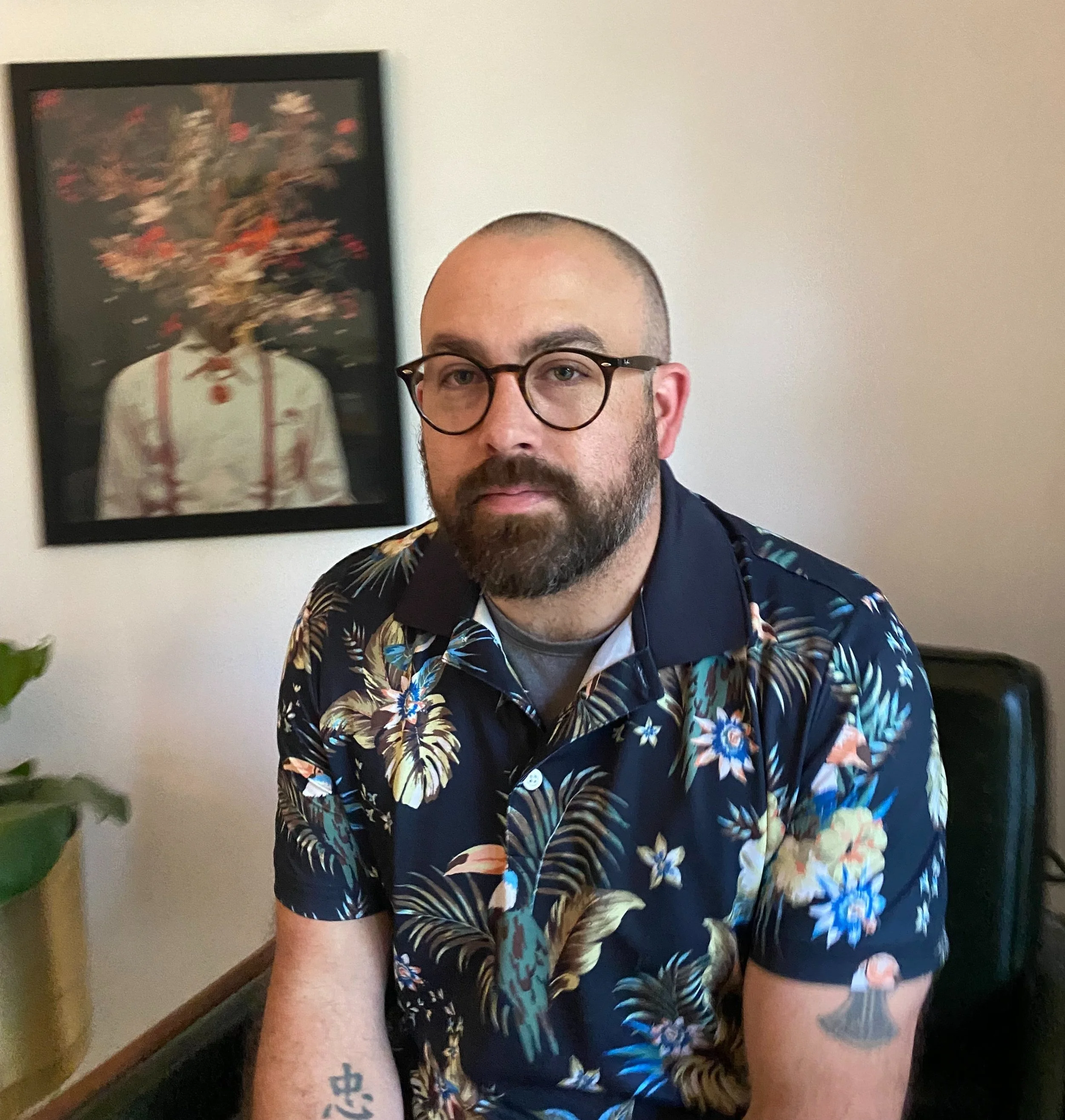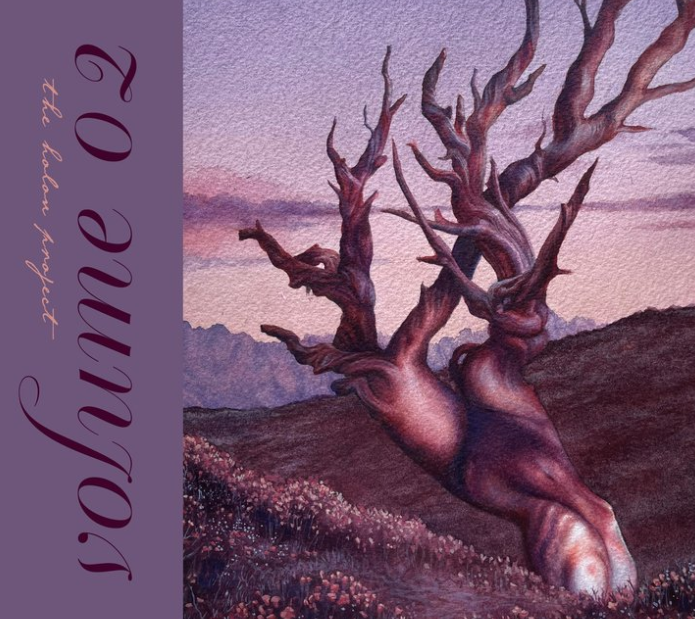October 2022
Mike Freveletti is a consultant at an insurance firm in the Western Suburbs of Chicago. He has been writing poetry, short stories, and plays for the past 10 years. He is currently the Historian and Email Coordinator for the Illinois State Poetry Society and his work has been published both online and in print for publications like RiverPoets, Kind of Hurricane Press, and Gyroscope Review.
When did you begin writing poetry?
Probably not long after I started reading more seriously. Outside of just school assigned reading. My first poem, if I could find it, is most likely from junior high. I started writing poetry regularly though in college. Along with short fiction and plays.
What triggered your interest in creating poems?
First and foremost a deep interest in the ways language can work. I also felt, and still do, that a poem can reveal so much in what is primarily a compressed form.
Who are your favorite poets?
My favorite poet is William Bronk. I got turned onto him a few years ago after reading a novel (10:04 by Ben Lerner) where he was mentioned. Bronk’s book Life Supports is never far from hand. My second favorite poet is Constantine Cavafy. “Ithaka” and “Waiting for the Barbarians” are two of the best poems ever written in my opinion. I also really enjoy Jorge Luis Borges, Zbigniew Herbert, John Ashbery, Peter Straub, Ron Padgett and Jim Harrison.
What inspires you? Other poets, painting? Music?
See the poets above. Each of their poems usually opens a gateway to one of my own poems. The works of Jorge Luis Borges are a constant source of inspiration. Anthony Bourdain, a storyteller gone way too soon, is a huge inspiration. Movies by directors/screenwriters like Fellini, Guy Maddin, Paul Schrader, Paolo Sorrentino, Wes Anderson. I love the shadowboxes of Joseph Cornell, an American visual artist from the early to mid 20th century.
Where have you published?
I’ve published in small literary journals online and in print, about 10-15 different places I think. The one I’ll highlight that’s coming out soon is by the holon project. Six of my poems and a short flash play will be published in their second issue. I’m very excited and honored to be a part of it and Daniel, the sole mastermind behind the project, is doing wonderful things for writers who are looking to get their work out there. The online store to pick up a copy will launch with the publication of volume 2 so check it out!
Are you in a feedback group that meets regularly? If so, How often?
I’m not, although I’ve thought about getting involved in one. Maybe soon.
We know every poem is different but–on average–how many revisions does one of your published poems require?
I’d say at least five. Sometimes I feel like even after a poem gets published I still want to go back and change it. I’m sure I’ve done that before.
Do you gear some of your work toward performance poetry rather than the written form? Why or why not?
No, I’ve never done that and maybe that’s because I’m not much of a performer. I do enjoy reading my poetry at public readings but I never write a poem with the intent to perform it. I would say that when I write a funny poem (at least funny to me at the time) I do think about how an audience might respond if I read it in public. Getting a laugh from an audience makes me feel as though I could do stand-up comedy. I definitely can’t but it’s fun to have illusory thoughts.
How long might you struggle with a poem that doesn’t seem to want to come together?
I can usually tell after about a month or two whether or not a poem is actually going to work. I’ve had many poems that I’ve written and loved that get the ax after they sit for a while. It’s usually because I feel the writing is stale or what I was trying to convey just isn’t coming across that way anymore. Then I wave bye-bye.
Is there a special person in your life you’re inclined to share your work with? Explain.
I don’t share much work in progress. I do have a small coterie of readers who I show early drafts to in order to get some initial feedback and to consider what they felt when they read it. When work gets published I love sharing that with my wife and parents because I think sometimes they wonder what all that jotting stuff down and staring at my computer is for.


